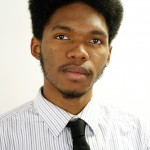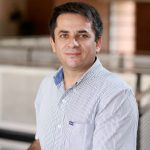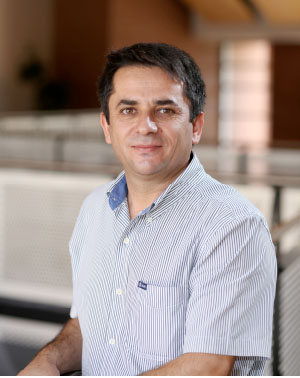Jackson State University Chemistry Professor Dr. Zikri Arslan and Chemistry senior Harold Owens III have been honored by the Mississippi Legislature.

Both were recognized by the Mississippi House and Senate on Feb. 17 as part of Higher Education Appreciation Day, Working for Academic Excellence (HEADWAE). The event is held annually to recognize academically talented students and faculty members of Mississippi’s higher education institutions.
Blake Wilson, president and CEO of the Mississippi Economic Council, chaired the event. Brian Cuccias, corporate vice president of Huntington Ingalls Industries delivered the keynote address at the luncheon at the Marriott Hotel, after honorees toured the Capitol.
Owens is a senior chemistry major from Carmel, Ind., with a 3.95 grade point average. He is the winner of the JSU Student of the Year HEADWAE award. He is a JSU Presidential Scholar and has been Best Sophomore and Best Junior Chemistry Student of the Year. He has been accepted to the graduate program in Chemical Engineering at the University of Michigan at Ann Arbor with full scholarship.

Prior to joining the faculty at Jackson State, Dr. Arslan worked as National Research Council post-doctoral research associate at NOAA James Howard
Marine Sciences Laboratory at Sandy Hook, N.J., and a year as assistant research scientist at University of Maryland, Chesapeake Biological Laboratory, Md. He conducted research to develop analytical techniques for determining fish life histories and population structures using the chemical information in fish otoliths.
Dr. Arslan earned his B.S. and M.S. degrees in chemistry from Bogazici University in Turkey and his Ph.D. in analytical chemistry from the University of Massachusetts at Amherst. Arslan has published more than 40 research articles in peer-reviewed journals, which have been cited more than 500 times by other researchers.







